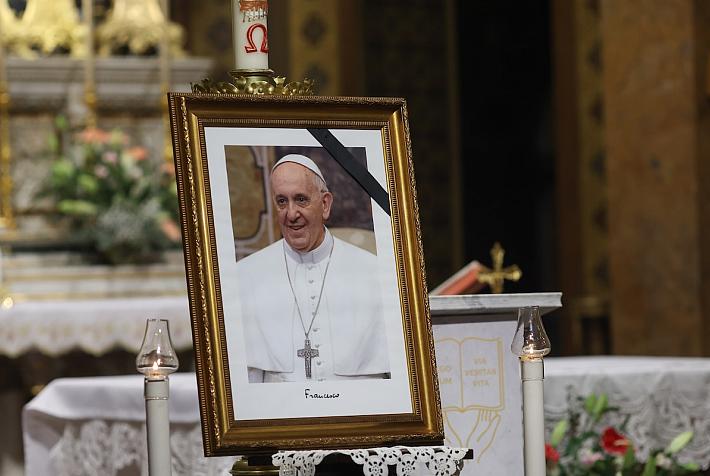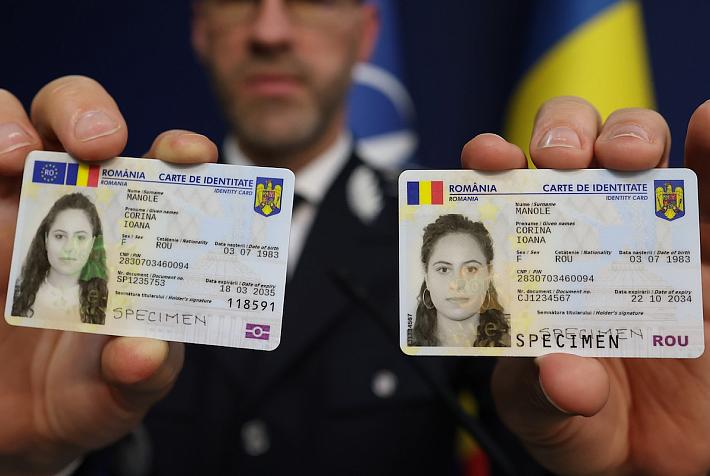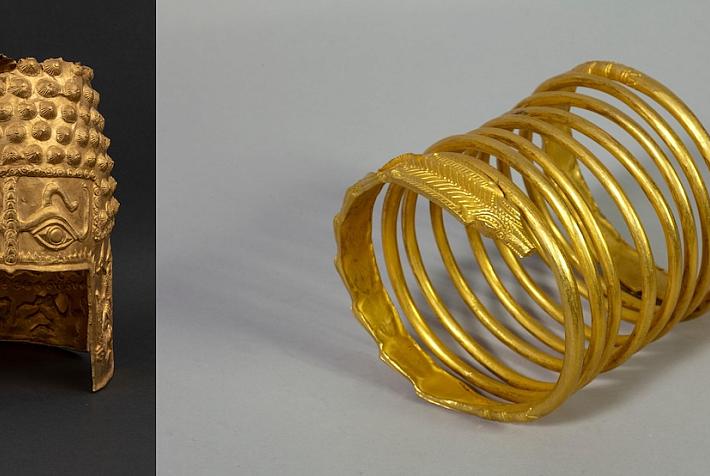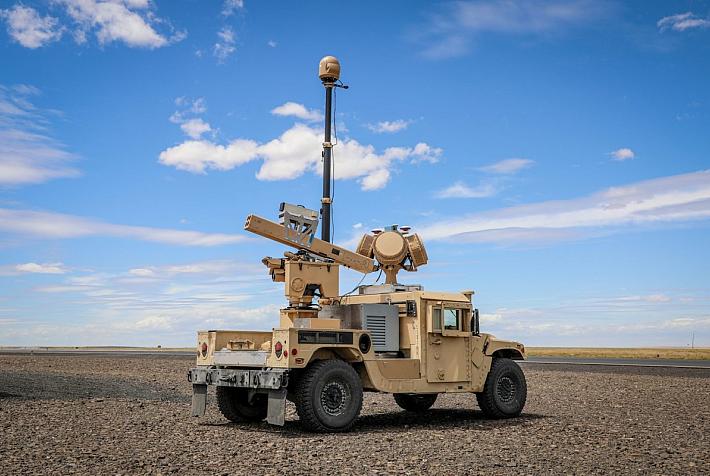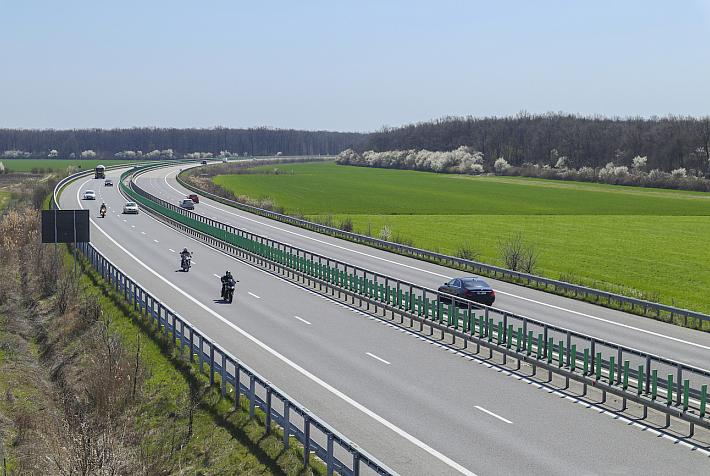Romanian film review – Berlinale impressions, part II: The Second Game

Corneliu Porumboiu has had quite a prolific run lately. After a film released just last year, Când se lasă seara peste București sau metabolism/When Evening Falls on Bucharest or Metabolism, his new one premiered at the recently completed Berlinale (Berlin International Film Festival).
Al doilea joc/The Second Game sounds thrillingly original: Porumboiu and his father, a former football referee, are watching a VHS tape of a match between Steaua and Dinamo, Romania's two major teams, and while the game unfolds, they are discussing football, history, politics, life, and a bit of art. The set-up is just as simple as the idea: the audience only sees the game on a TV screen while the two men remain unseen, only with their voices heard. And what sounds original is indeed a joyously playful pleasure. This films should make both arthouse lovers and football fans very happy, not to mention VHS nostalgics.
The film starts with a written introduction: as a child in the communist era, the director once picked up the phone and heard a man telling him to inform his father he should give up refereeing or he would not return home alive. Young Porumboiu passed on the message and his father continued to work as a referee. The anecdote kicks of the discussion between the two football fans about what it meant to be caught between the army and the former Securitate, the two forces owning the respective football teams, and generally in the public eye when one has a decisive role in a country in which public decision-making, including in sports, was never let out of the ruling party's hands.
As the game continues on a dreadful weather with strong snowfall, the players sliding like penguins on the snowy, slippery court, the men also discuss the political situation in the late 1980s, what it takes for something to be movie material (young Porumboiu is obviously more open in this respect), how the media manipulates audiences (the patterns of the camera pans during the game are both hilarious and a real eye-opener when dissected by the Porumboius) and what it takes to be a good player.
Besides the new perspectives on a seemingly banal game and television transmission, the film is also a touching portrait of a close relationship between father and son, despite - or maybe thanks to - their differences in age, experience, and views on sports and entertainment.
What may sound like a dry exercise is actually a gripping, droll, at times hilarious film. The pictures of the snowy game are even funnier combined with the dialogue and the details it uncovers. My enthusiasm for the movie seemed not be be shared by all though: there were several walk-outs at the projection, but for those who stayed, it was clearly a catchy screening, as shown by the constant giggling in the room.
Clever, intriguing, and disarming in its simplicity, The Second Game is a delight and will reward its patient viewers aplenty. Who would have thought a simple game of football in bad weather could be so much fun.
By Ioana Moldovan, columnist, ioana.moldovan@romania-insider.com






